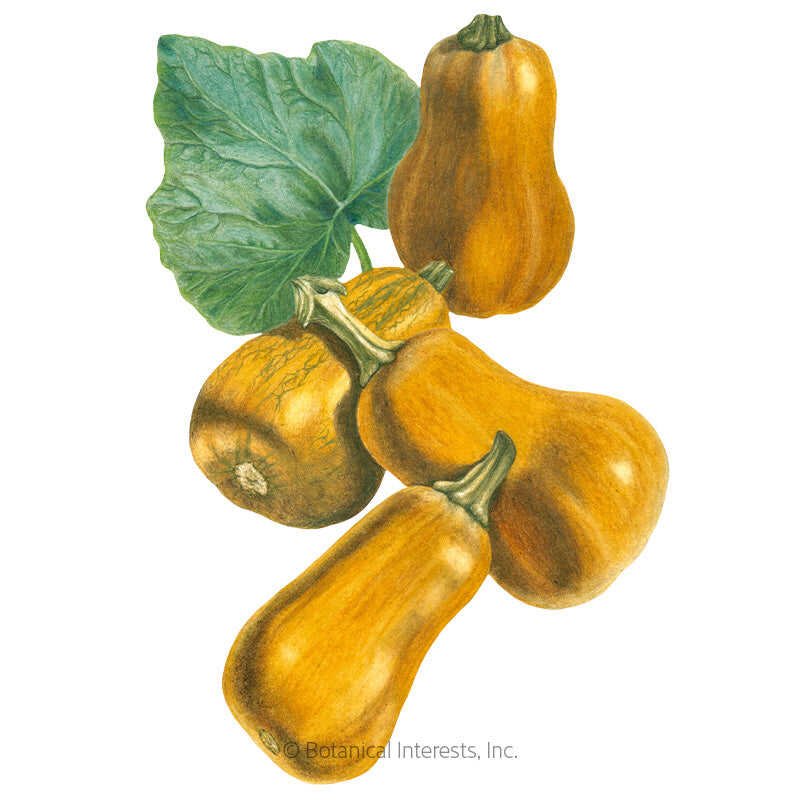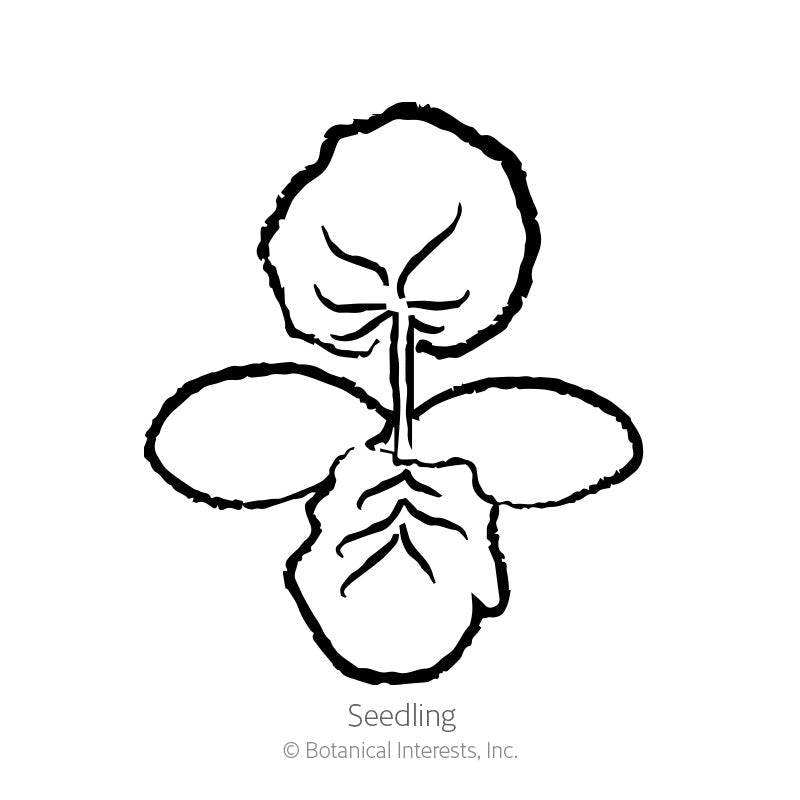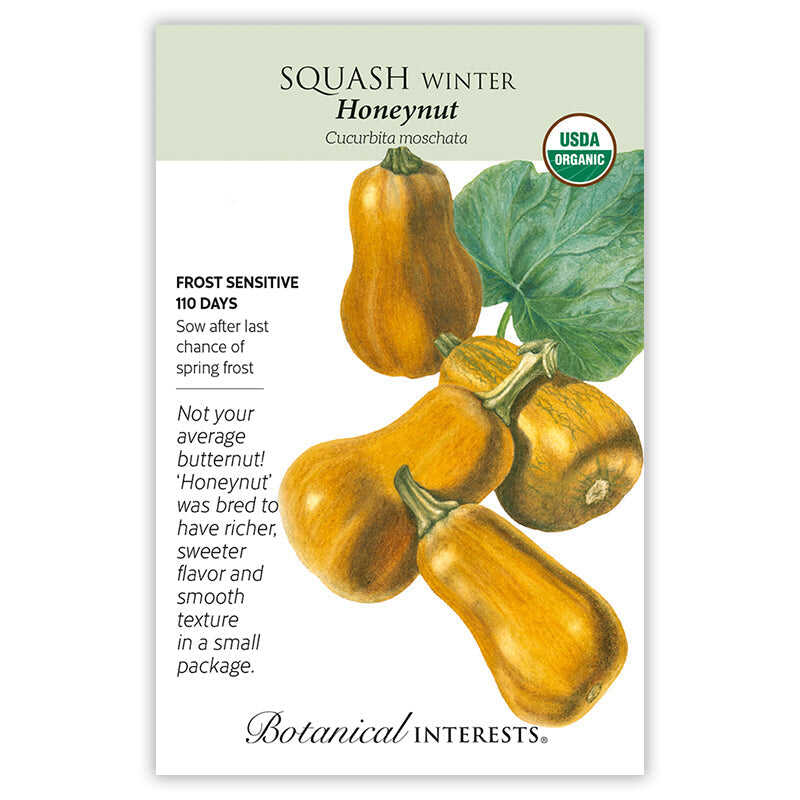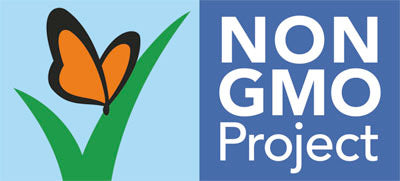


- Variety Info
- Sowing Info
- Growing Info
- Learn More
Variety Info
Days to Maturity: 110 days
Family: Cucurbitaceae
Type: Butternut Squash, Winter Squash (Learn more)
Native: Northern Columbia
Hardiness: Frost-sensitive annual
Exposure: Full sun
Plant Dimensions: 24"–36" vine
Variety Info: 4"–5" fruits start out green with orange mottling, ripening to a pale terracotta. As a combination of butternut and buttercup types, 'Honeynut' is very sweet with very smooth-textured flesh.
Attributes: Frost Sensitive

Sowing Info
When to Sow Outside: RECOMMENDED. 1 to 2 weeks after your average last frost date, and when soil temperature is 70°–85°F.
When to Start Inside: Not recommended except in very short growing seasons, 2 to 4 weeks before your average last frost date. Roots sensitive to disturbance; sow in 4" biodegradable pots that can be planted directly into the ground. Transplant when soil temperature is at least 60°F.
Days to Emerge: 5–10 days
Seed Depth: 1"
Seed Spacing: 2–3 seeds per mound
Row Spacing: 4'–6'
Thinning: When 3" leaves, thin to 1–2 per mound
Your hardiness zone is
Growing Info
Harvesting: Harvest when the squash's rind is hard enough that you can't dent it with your fingernail and before first frost. Cut stem, (don't break it off) leaving 2" of stem attached, which keeps the squash whole, leaving no opening for infection. Though fruits are hard and may seem indestructible, treat them gently; bruising can spoil squash.




